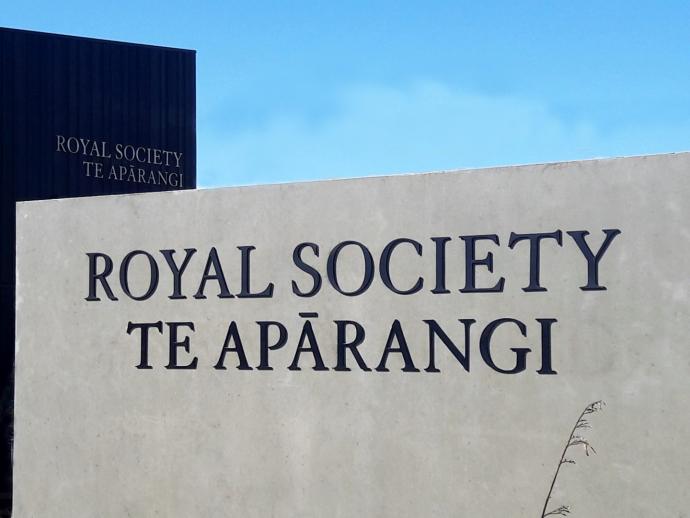Chief Executive Update

The Society used the occasion of the Fellowship Centenary to hold a well-attended workshop on how research excellence can be assessed.
Four keynote speakers and 20 panellists created a great dialogue on four themes; indigenous research, impact and advancement, interdisciplinary research and research that informs clinical and professional practice.
The essential driver of indigenous research is the quest to meet the needs of the community – that community demands involvement in setting the research question, co-design of the research approach and participation throughout the execution of the research. In the words of Linda Smith, the keynote speaker, “they will tell you if the research is not excellent”.
In the session on impact and advancement, Hugh Bradlow explained innovation as having three components – novelty, difficulty and real-world impact. Impactful research came from researchers tackling important rather than interesting problems. The Academy of Technology and Engineering in Australia, of which Hugh is President had found the most valuable proxy for quality through impact was the willingness of the private sector to invest.
In the interdisciplinary research field, it was explained that trying to separate individual contributions within a team was not helpful – the total was greater than the sum of the parts due to the benefits of interaction between researchers with dissimilar backgrounds. Building a career as an inter-disciplinary researcher was hard when others still tried to delineate individual contributions. Anne Glover, President of the Royal Society Edinburgh advocated the value of a case study approach to assess excellence.
The ways in which research informs clinical and research practice differs by field. Our keynote speaker, Jane Harding, explained the processes of “implementation science” necessary to move research into clinical practice, and how publication in journals with rigorous peer review was a vital component, whereas Charles Clifton, a panellist, explained that in structural engineering, working with the 6000 practitioners in New Zealand to change engineering standards was a more rigorous process than journal peer review as the practitioners were putting their reputation on the line by using his work.
All told, the symposium was most informative and gave us confidence that changes we are making to our processes for electing Fellows and selecting medal and award winners are consistent with international thinking and practice.
Andrew Cleland - Chief Executive Royal Society Te Apārangi
Royal Society Te Apārangi: 27 February
